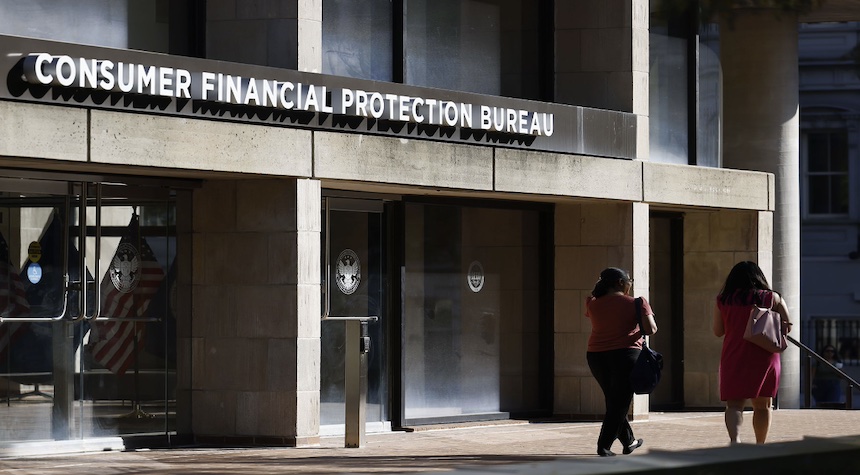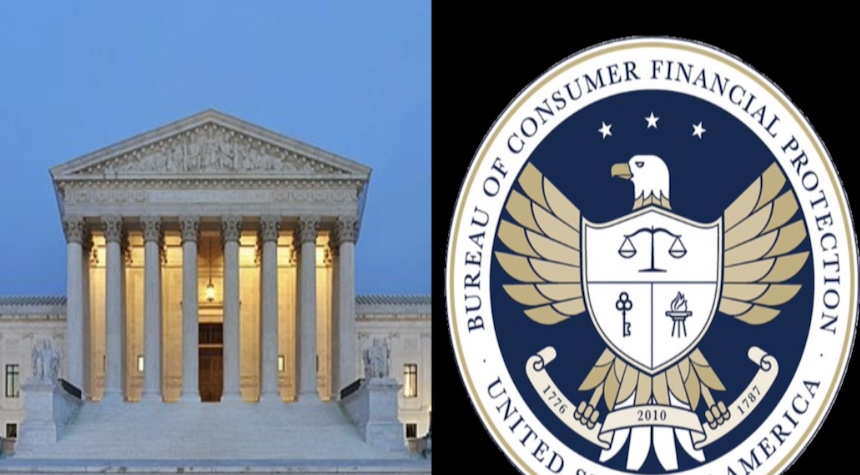The Supreme Court has ruled that the Consumer Financial Protection Bureau’s (CFPB) funding is constitutional.
Clarence Thomas, a Justice, penned the 7-2 decision was released Thursday morning. The majority of that decision stated that funding for the government agency fell within the accepted definitions of the government appropriations processes.
Neil Gorsuch and Sam Alito were two of the dissenting voters.
Thomas, writing for the majority of the court, wrote that “Our Constitution gives Congress the control over the public finances, but it specified how this control was to be exercised.”

Art. I, SS9, cl. 7. Congress funds most federal agencies on an annual basis. The annual funding process makes it necessary for them to ask Congress every year to fund their operations. Consumer Financial Protection Bureau differs. The Bureau doesn’t have to request funds every year. Congress instead authorized the Bureau, with a cap based on inflation, to withdraw from the Federal Reserve System any amount that its Director determines is “reasonably needed” to fulfill the Bureau’s duties. 124Stat. 1975, 12 U. S. C. SSSS5497(a)(1), (2). In this case, the only question we have to decide is whether or not this funding mechanism complies with the Appropriations Clause. We conclude that it is.

The Court reversed the Court of Appeals’ decision, which ruled there was a distinction between the funding structure written into the law created by Congress and the actual appropriation of funds. The lower court claimed that Congress had to make a specific appropriation.
Thomas wrote: “Under the Appropriations clause, an appropriation simply is a law authorizing expenditures of specified public money for designated purposes.” The statute that provides funding for the Bureau meets these requirements. “We conclude, therefore, that the Bureau’s financing mechanism does not violate the Appropriations clause.”


